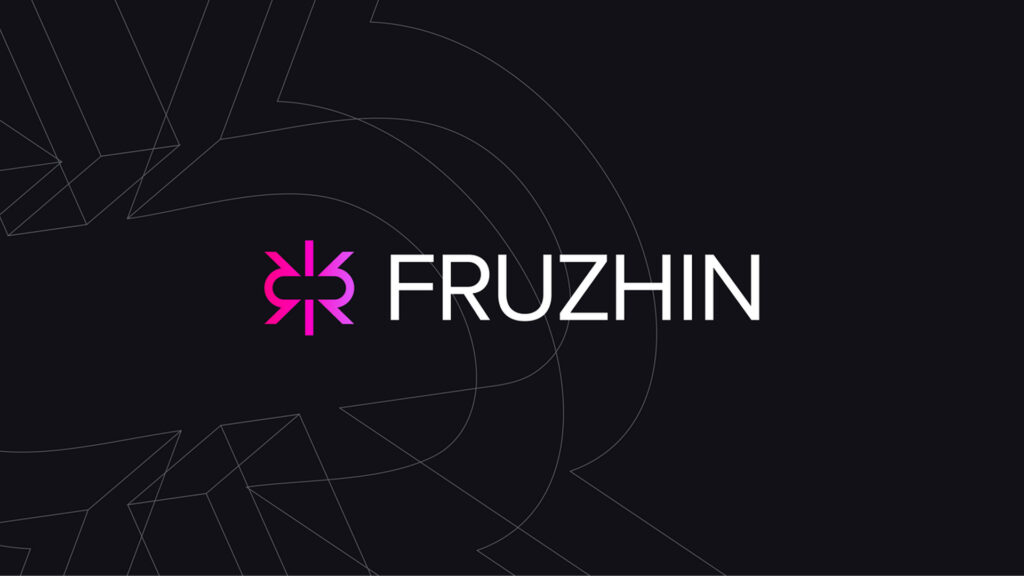

The Polkadot ecosystem, known for its multi-chain scalability and interoperability, requires a specific type of software to run its various networks. This software, known as the Polkadot Host, acts as the foundational layer for any node in the Polkadot network, facilitating key operations such as networking, consensus, and runtime. Whether you’re running a validator, collator, or a simple light node, you’re utilising a Polkadot Host.
Earlier this year, we were awarded the Polkadot Pioneers Prize to build a Host implementation in Java. Today, we’re thrilled to announce the launch of Fruzhin – a light client for the Polkadot network. With this launch, the first phase of development is now completed and our R&D team can move on to expanding the product by adding even more functionalities and increasing its utility. The ultimate goal for Fruzhin is to become a host implementation used as a relaying node to empower the Polkadot developer community.
Why
The Polkadot ecosystem is versatile, inviting, and open to a myriad of implementations. So why do we need Fruzhin, especially when there are already several implementations of the Polkadot Host, such as Polkadot (Rust implementation), Gossamer (Golang implementation) or Kagome (C++ implementation)?
- Client Diversity: One of the benefits is that having multiple client implementations safeguards the network against the pooling of power and control, preventing a single entity from making unilateral decisions in permissionless protocols such as Polkadot. A second benefit of client diversification is that it makes a network less vulnerable to undiscovered bugs and exploits.
- Language Diversity: Java remains one of the most popular programming languages, with a vast community and an extensive range of libraries and tools. By introducing a Java-based Polkadot Host implementation, we’re broadening the ecosystem’s horizons and inviting an even larger community to participate.
- Interoperability & Integration: Many enterprise applications and systems are built using Java. Fruzhin allows for such enterprises to more easily connect to the Polkadot ecosystem, providing better interoperability with their legacy systems.
Fruzhin
The architecture of Polkadot can be divided into two parts: the Polkadot runtime and the Polkadot host. The Polkadot runtime is the core state transition logic of the chain and can be upgraded over time without the need for a hard fork. On the other hand, the Polkadot host is the environment in which the runtime executes and is expected to remain stable and mostly static throughout the lifetime of Polkadot.
As of its current iteration, Fruzhin can be run as a light client. Light clients are essential for developers and enterprises who require trustless access to the network without maintaining the full blockchain state. Here’s what you can expect:
- Efficiency: Being Java-based, Fruzhin benefits from Java’s just-in-time compilation, ensuring optimised performance.
- Vast Developer Community: Java stands as one of the most widely used programming languages globally. With Fruzhin, projects can leverage the expertise of a massive pool of Java developers, reducing the learning curve and fostering quicker adoption.
- Readability: Java is easier to read and understand compared to Rust. This allows for deeper understanding of the codebase and how the host operates.
Going Forward
While Fruzhin is currently a light client, our vision for it is much more ambitious. Upcoming updates aim to upgrade Fruzhin to become:
- Full Node: Enabling a more extensive range of functionalities by maintaining the entire blockchain state.
- Authoring Node: An active participant of the network capable of producing blocks and handling consensus.
- Relaying Node: The highest level of node, participating in the validation of parachain blocks.
LimeChain has been part of the Polkadot ecosystem for more than two years and we’ve been overwhelmed by the support we’ve received so far. We’re committed to continue on our mission to make the ecosystem more inclusive to developers and empower them to build in more than one language.
Get in touch!
If you’re a client developer in the Polkadot ecosystem – we want to talk with you and understand your challenges, pain points and do our best to help you on your journey! If you’re a developer considering Polkadot (or any of its Parachains) as a network for your project – we can help guide you along the way as well!
Feel free to write us at buildonpolkadot@limechain.tech